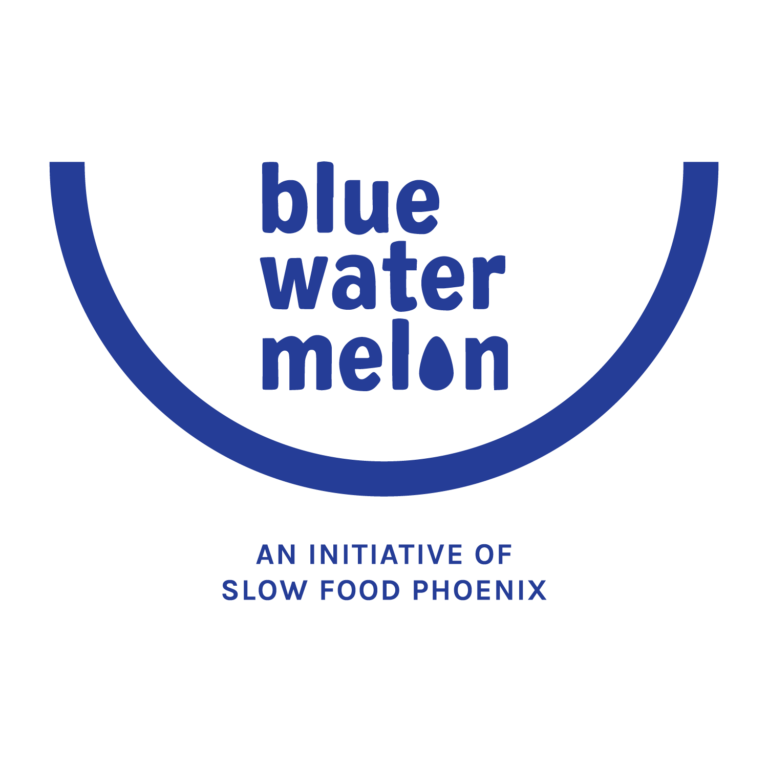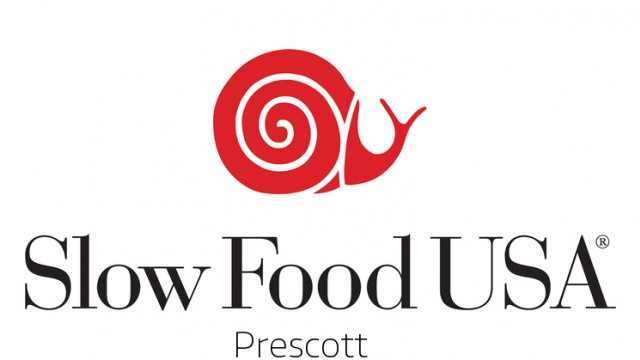Farm to School
The Farm to School Movement came about in the 1990s to address increasing concerns of the amount of processed foods served in school meals. Getting food directly from local farms into schools is crucial to introducing children to healthy, fresh food and teaching them where food comes from. Institutional procurement (i.e. selling to schools) holds more power to benefit farmers than any other local food market.
Learn what’s happening in Arizona, who is responsible, and how you can get started with this potential distribution stream.
Bringing Local Food into School Meals
Farm-to-school programs and local food procurement policies encourage partnerships between farmers and school food buyers that work to bring local food into school meal programs. Since 2011, the Arizona Department of Education’s Health and Nutrition Services Division (HNS) has worked to connect school food buyers with Arizona producers by offering regional farm tours, regional buyer-supplier meetings, and training to schools on topics such as local procurement, food safety, and basics in school gardening.
Additional Resources:
Join Forces with Farmers in Your Region as a Farm-to-School Vendor
Central Arizona: Join Sun Produce Cooperative, a multi-commodity agricultural cooperative in Maricopa County, to aggregate produce for sale and delivery to local elementary school cafeterias. Learn more here.
Southern Arizona: Collaborate with the Community Food Bank of Southern Arizona’s Farm to Institution Program in Pima County, which utilizes food bank infrastructure to bring fresh produce from small farms to Tucson Unified School District. Partner with Pivot Produce, a one-of-a-kind food distribution business operating in Tucson that has been bridging the gap between local farmers and chefs since 2016 and has begun Farm-to-Institution collaborative efforts with Tucson Unified School District.
Statewide: Become a vendor with Stern Produce. Stern works with local food growers, and schools can choose from products on their existing order forms and are then distributed by Stern. Learn more and become a vendor here.
Selling to Schools
While challenges exist in partnering with schools, entering this billion-dollar market provides an opportunity to feed children healthy food on a large-scale while supporting local growers and building the infrastructure for them to enter into new markets. Below are resources for funding, examples of infrastructure and policies that promote local purchasing in schools, and current proposed federal bills aimed at connecting schools to local farms.
Photo from Manzo Ecology
School Gardens
Children learn by doing. School gardens introduce students to the joys of growing, cooking, and eating their own food with a hands-on, garden-based curriculum.
The Arizona Department of Health Services oversees a School Garden Food Safety Certification Program which helps school gardens meet the requirements of “approved source” as required in the Arizona Food Code for food safety, detailed here.
Additional resources:
ADE/HNS online webinars and training - refer to “Farm to School & School Gardens” section
Photo from The Orme School
Local Food Education
Farm to school and school garden programs provide access to and increase the consumption of high-quality and nutritious foods, reduce waste, and expose youth to careers in agriculture—all of which create a healthy learning environment for students.
Resources for Arizona’s teachers and educators:
What is the Arizona Farm to School Network?
The Arizona Farm to School Network is a state-wide hub of resources, connections, and support intended to empower professionals (growers, educators, farmers, child nutrition program operators, administration, public health advocates, students, volunteers, researchers, community members, etc.) working to implement and sustain Farm to School programming. Members can choose their level of engagement in any of the four community of practices: Local Production and Procurement, School Gardens, Nutrition Education, and Farm to Early Childhood Education. The Farm to School Network leverages the power of community to offer networking opportunities, expertise & resource sharing, collaborative problem solving, and data generation.
To learn more about the Arizona Farm to School Network and how you can get involved, please contact Raevyn at 602-542-2405 or Raevyn.xavier@azed.gov.












